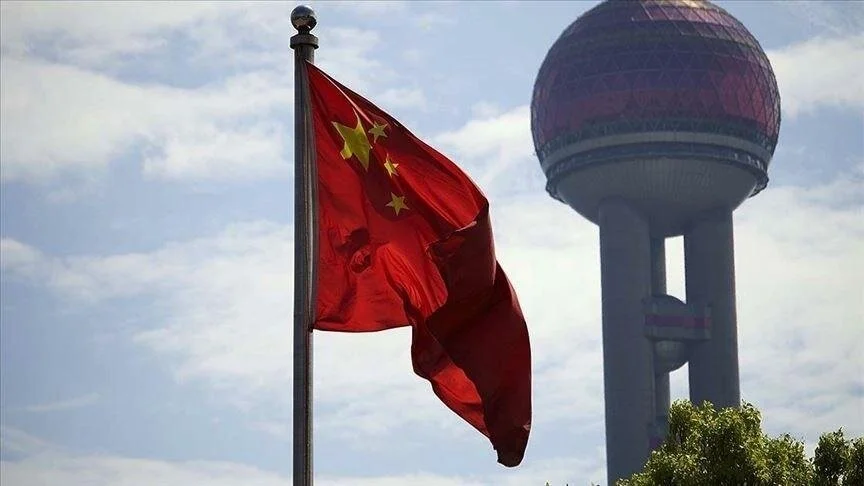Chinese leader Xi Jinping is hosting a summit in Xi’an, China, with the leaders of Kazakhstan, Kyrgyzstan, Tajikistan, Turkmenistan, and Uzbekistan. The gathering marks the first in-person meeting of these Central Asian nations with China since they established diplomatic relations after the fall of the Soviet Union. China’s move to strengthen ties with these countries, traditionally regarded as Russia’s sphere of influence, highlights its ambition to expand its reach in the region. The summit takes place against the backdrop of the ongoing conflict between Russia and Ukraine, with Central Asia grappling with the economic consequences. China aims to position itself as a regional stabilizer and an alternative partner for these countries.
China’s Push for Influence:
The meeting in Xi’an is a significant diplomatic event for China, representing an opportunity to foster closer ties with the post-Soviet states in Central Asia. China sees these nations as strategic allies in various arenas, including the United Nations and infrastructure development projects. The Chinese government aims to forge a “new blueprint” for cooperation with Central Asian countries that lie between China’s western borders, Europe, and the Middle East. China’s expanding influence in the region has been viewed as an alternative to Russia’s long-standing dominance. The ongoing conflict in Ukraine has also raised questions about Russia’s commitment to the region, presenting China with an opportunity to enhance its engagement.
Economic Cooperation and the Belt and Road Initiative:
China’s focus on Central Asia stems from its economic priorities, including the development of trade routes, railways, and pipelines that connect its borders to Europe. The region holds potential as an alternative market for Chinese goods, especially as the economic links between Central Asia and Russia have been disrupted by the war in Ukraine. The summit is expected to yield new agreements and proposals for economic cooperation between China and the Central Asian countries. Central Asian leaders, while keen to engage with China, also seek discussions with Western partners, such as the European Union, regarding trade, investment, and joint projects.
China’s Security Concerns:
Beyond economic cooperation, China is eager to enhance security collaboration with Central Asian countries. The Chinese government has long been concerned about the potential for unrest in the region to spill over into its northwestern Xinjiang region. In recent years, China has implemented policies targeting Muslim minority groups in Xinjiang under the pretext of countering extremism and terrorism. Ensuring stability in Central Asia is vital for China’s own security interests. While Russia previously played a significant role in regional security, China may be wary of a distracted Russia’s commitment to the region. Cooperation in countering terrorism, separatism, and extremism, as well as addressing the situation in Afghanistan, is likely to be a focal point during the summit.
China’s Role in the Ukrainian Conflict:
The ongoing war in Ukraine and China’s perceived support for Russia will undoubtedly cast a shadow over the summit. China has faced criticism for not taking a more active role in resolving the conflict. However, recent diplomatic efforts, including the dispatch of a special representative to Ukraine, Russia, and European countries, indicate China’s intent to promote peace talks. China has sought to portray itself as a mediator while questioning the involvement of the United States and its allies in fueling the conflict. While Central Asian leaders have generally refrained from openly criticizing Russia, concerns about potential Russian aggression in the region persist. Central Asian countries may welcome China’s economic access, infrastructure development, and security support but may hesitate to explicitly endorse China’s specific proposals regarding the Ukrainian conflict.
Conclusion:
China’s summit with Central Asian leaders in Xi’an represents a significant step in its quest to expand its influence in the region traditionally dominated by Russia. By strengthening economic ties, enhancing security cooperation, and positioning itself as a mediator in the Ukrainian conflict, China aims to deepen its engagement and foster closer relationships with Central Asian nations. However, the region’s leaders also value their connections with Western partners, as they provide a counterbalance to China and Russia. As the geopolitical dynamics continue to evolve, Central Asia finds itself at the crossroads of competing interests, with China seeking to solidify its position and the region carefully navigating its relationships to ensure stability and maximize its own interests.
©world-news.biz
